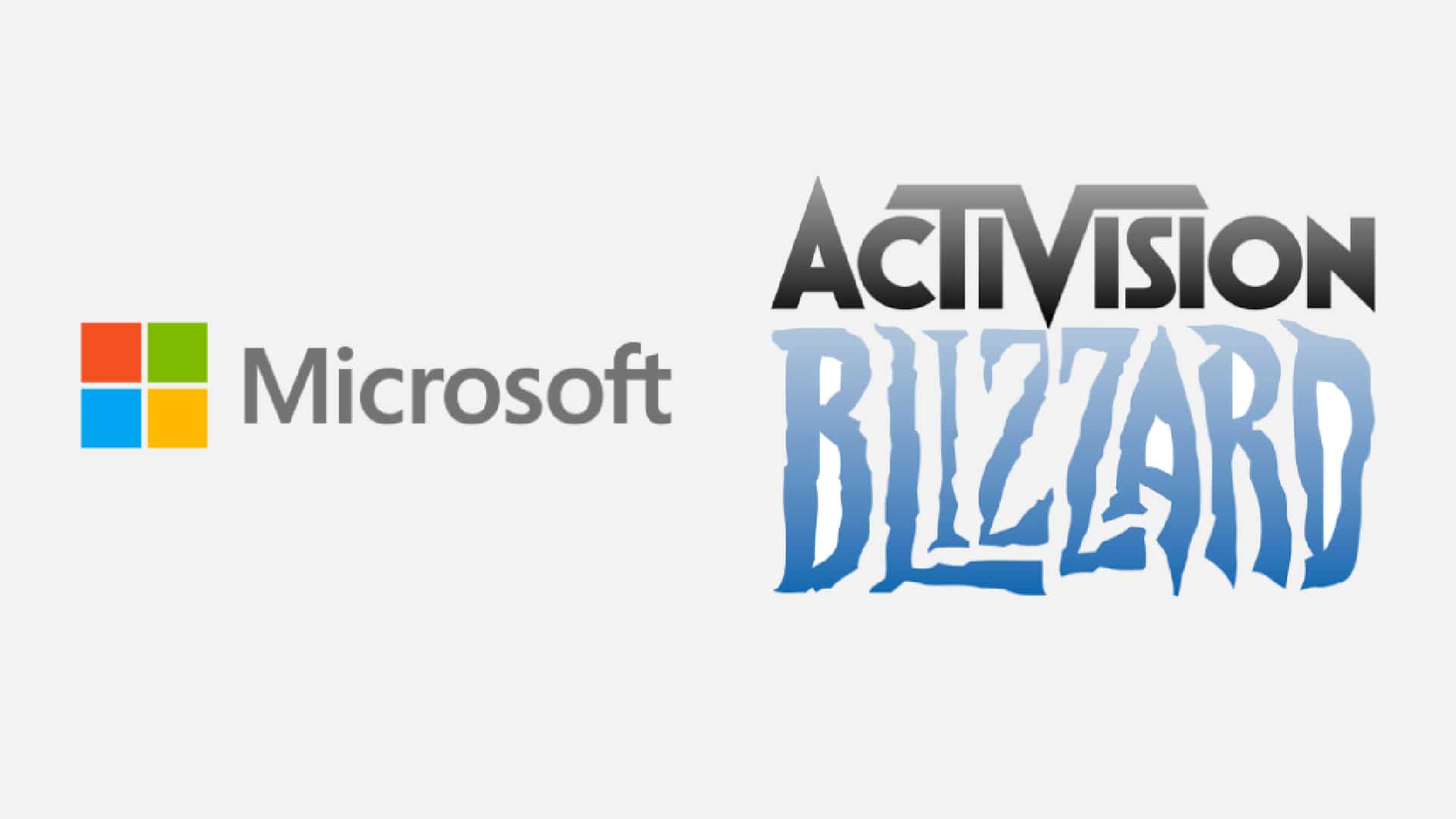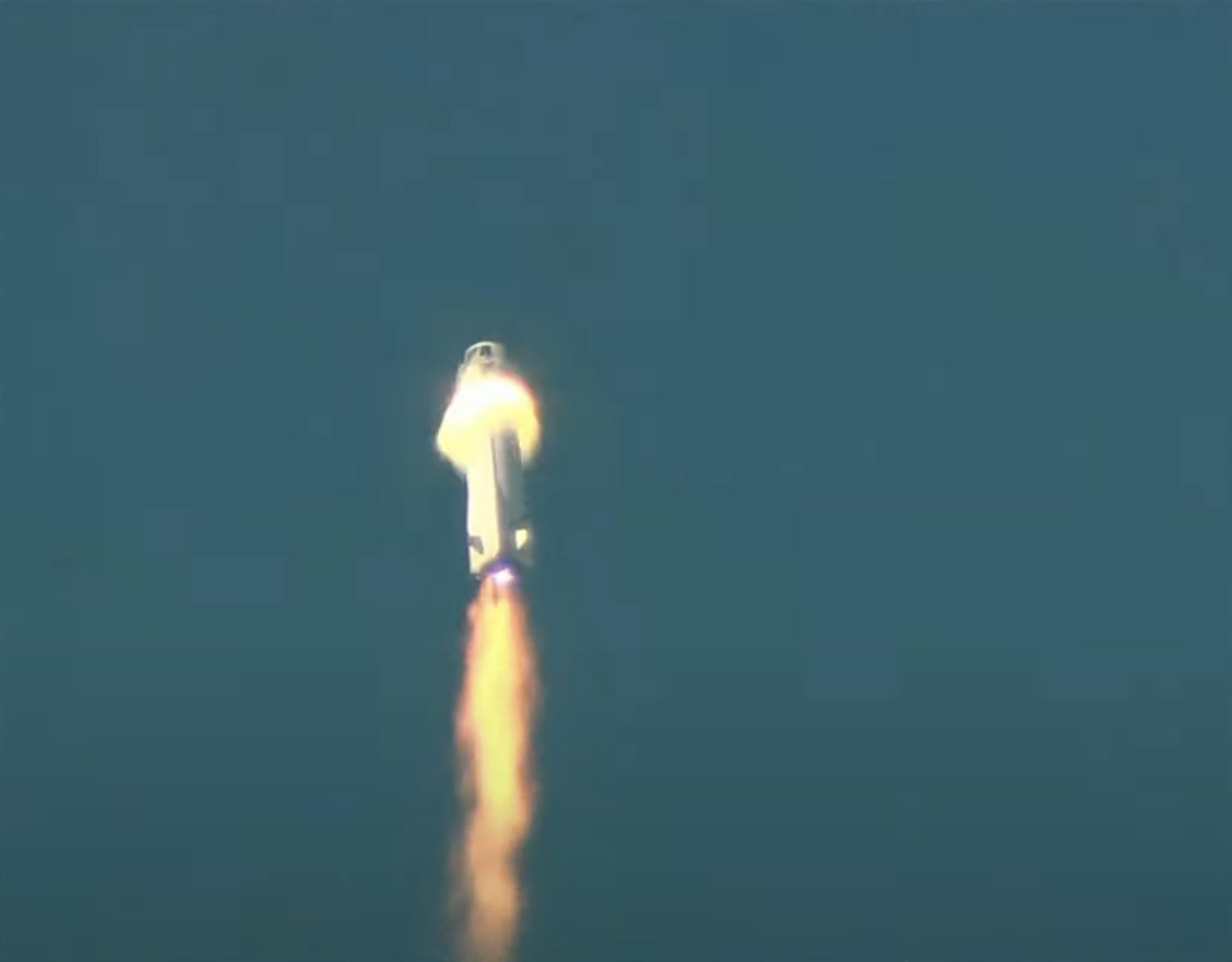FTC's Appeal: Future Of Microsoft-Activision Merger Uncertain

Table of Contents
The FTC's Case Against the Merger
The FTC's core argument rests on the assertion that the Microsoft-Activision merger constitutes an anti-competitive practice that would create a monopoly, stifling competition and harming consumers. Their primary concern centers around Call of Duty, Activision's flagship franchise, arguing that Microsoft's ownership would give it an unfair advantage, potentially excluding rival gaming platforms like PlayStation and Nintendo.
The FTC's specific concerns include:
- Reduced competition in the gaming console market: The FTC argues that Microsoft's control over Call of Duty would significantly hinder competition between Xbox and PlayStation, potentially driving up prices or reducing innovation.
- Potential harm to consumers through higher prices or reduced innovation: Without the competitive pressure of multiple platform providers, the FTC believes consumers could face higher prices for games or less innovative gaming experiences.
- Exclusion of rival gaming platforms: The FTC fears Microsoft could make Call of Duty exclusive to Xbox, giving it an unfair advantage and potentially harming competitors.
- Concerns about data privacy and user control: The FTC may have concerns about the combined entity's handling of user data and the potential for reduced user control.
The FTC's filings cite expert opinions and market analyses to support these claims, painting a picture of a future gaming market dominated by Microsoft.
Microsoft's Defense and Proposed Remedies
Microsoft counters the FTC's allegations by emphasizing the benefits of the merger for competition and consumers. They argue that the merger will actually boost innovation and competition, particularly in the burgeoning cloud gaming market. Microsoft highlights its commitment to keeping Call of Duty available across multiple platforms, including PlayStation.
Microsoft’s key arguments include:
- The merger will boost competition, not stifle it: Microsoft contends the combined entity will be a more formidable competitor to other tech giants, like Google and Amazon, in the cloud gaming space.
- Consumers will benefit from access to more games and improved services: Microsoft promises improved gaming experiences through broader access to Activision's game portfolio and technological advancements.
- The proposed remedies will protect competition: To address the FTC's concerns, Microsoft offered long-term licensing agreements to ensure Call of Duty remains available on competing platforms. These remedies aim to proactively mitigate potential anti-competitive effects.
Microsoft's defense includes independent analyses demonstrating the benefits of the merger and refuting the FTC's claims of market dominance.
Potential Outcomes and Implications
The FTC's appeal presents several potential outcomes:
- The appeal is successful, blocking the merger: This would be a significant victory for the FTC and a major setback for Microsoft and Activision Blizzard. It could set a powerful precedent for future mergers and acquisitions in the tech sector.
- The appeal is unsuccessful, allowing the merger to proceed: This outcome would allow the merger to finalize, potentially reshaping the gaming industry's competitive landscape.
- A negotiated settlement is reached: The FTC and Microsoft could reach a compromise, potentially involving further concessions from Microsoft to address the FTC's concerns.
The implications of each outcome are substantial. A blocked merger could significantly impact Microsoft's gaming strategy and Activision Blizzard's future. Conversely, a successful merger could lead to increased market share for Microsoft, influencing game prices, console sales, and the overall future of gaming. The impact extends beyond the gaming industry, setting precedents for antitrust enforcement in the broader tech sector.
The Role of the Courts and Regulatory Bodies
The courts play a crucial role in evaluating the FTC's appeal, weighing the evidence presented by both sides and applying existing antitrust laws. The decision will significantly influence future interpretations of antitrust legislation in the tech industry. Furthermore, other regulatory bodies worldwide, including the European Commission, are also reviewing the merger, and their decisions will further shape the ultimate outcome. Precedents set by previous antitrust cases in the gaming industry will undoubtedly inform the court's judgment.
Conclusion: The FTC's Appeal and the Uncertain Future of the Microsoft-Activision Merger
The FTC's appeal against the Microsoft-Activision merger presents a complex and multifaceted legal battle with far-reaching implications. The arguments presented by both sides highlight crucial considerations regarding antitrust law, competition, and the future of the gaming industry. The potential outcomes – a blocked merger, a successful merger, or a negotiated settlement – will dramatically alter the competitive landscape and influence future mergers and acquisitions in the tech sector. The long-term implications of this case are profound, impacting market share, game prices, and the innovative capacity of the gaming industry for years to come. Stay informed about the developments in the FTC's appeal and the Microsoft-Activision merger by following reputable news sources and legal updates. Share this article with others interested in the Microsoft-Activision merger and antitrust legislation to foster informed discussion on this critical issue.

Featured Posts
-
 New Marine Security And Surveillance Vessel For Royal Netherlands Navy A Fugro Damen Collaboration
Apr 26, 2025
New Marine Security And Surveillance Vessel For Royal Netherlands Navy A Fugro Damen Collaboration
Apr 26, 2025 -
 Blue Origin Scraps Rocket Launch Due To Vehicle Subsystem Problem
Apr 26, 2025
Blue Origin Scraps Rocket Launch Due To Vehicle Subsystem Problem
Apr 26, 2025 -
 Callaway Parker Delivered To Ptc By Verret Waterways Journal Update
Apr 26, 2025
Callaway Parker Delivered To Ptc By Verret Waterways Journal Update
Apr 26, 2025 -
 Analyzing Shedeur Sanders Nfl Draft Stock Fact Vs Fiction
Apr 26, 2025
Analyzing Shedeur Sanders Nfl Draft Stock Fact Vs Fiction
Apr 26, 2025 -
 The Fusion Portfolio Grows Introducing Dong Duong Hotel Hue
Apr 26, 2025
The Fusion Portfolio Grows Introducing Dong Duong Hotel Hue
Apr 26, 2025
